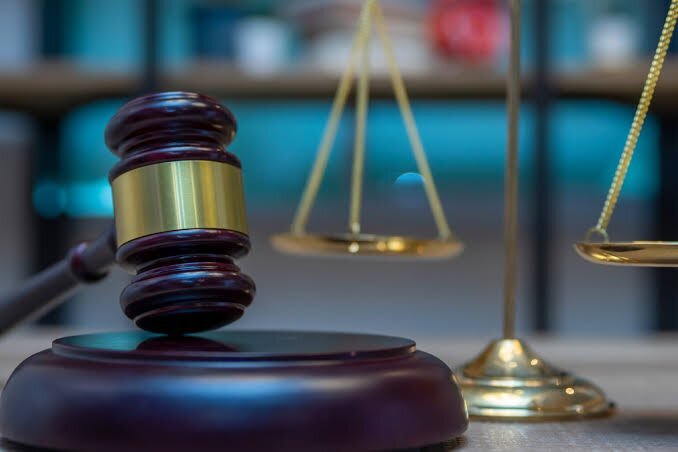A high court of the Federal Capital Territory on Friday began definite hearing in the case of defamation instituted by two operatives of the Department of State Services (DSS) against the Socio-Economic Rights and Accountability Project (SERAP).
The officers instituted the case after SERAP, last September, failed to apologize to the secret police after accusing its operatives of invading its Abuja office. The DSS officers, Sarah John and Gabriel Ogundele, consequently filed the defamation lawsuit in October 2024, seeking ₦5 billion in damages from SERAP.
In addition to the remedy sought by the officers for what they called reputational harm, was demand for an apology published on SERAP’s website, national dailies and television stations, N50 million for legal costs and 10 percent annual interest on the N5 billion until payment is completed.
At the resumed hearing, the presiding judge, advised the defence (SERAP) to go through all the six documents tendered by the plaintiffs. He stressed that all objections would be part of the final written address.
The hearing kicked off with the cross examination of the first claimant, Sarah, referred to as ( Plaintiff Witness 1) PW1, by the counsels to the first and second defendants.
SERAP was represented in court by Divine Oguru, while its deputy director was represented by Oluwatosin Adesoye, who apologized for the absence of his client.
Akinolu Timothy Kehinde, SAN, who represented the plaintiffs, said he was fully prepared for the hearing.
Both defence counsels cross examined DSS operative Sarah on happenings surrounding the alleged invasion of SERAP office last year.
Both counsels pushed the argument that the claimants’ names were not mentioned by SERAP, hence not justified in the claims before the court.
Sarah stated that SERAP’s allegations negatively impacted her reputation, that of her colleague, as well as the entire DSS.
After a session that lasted for about an hour, the judge adjourned to May 8, 2025, for continuation of definite hearing on the matter.










